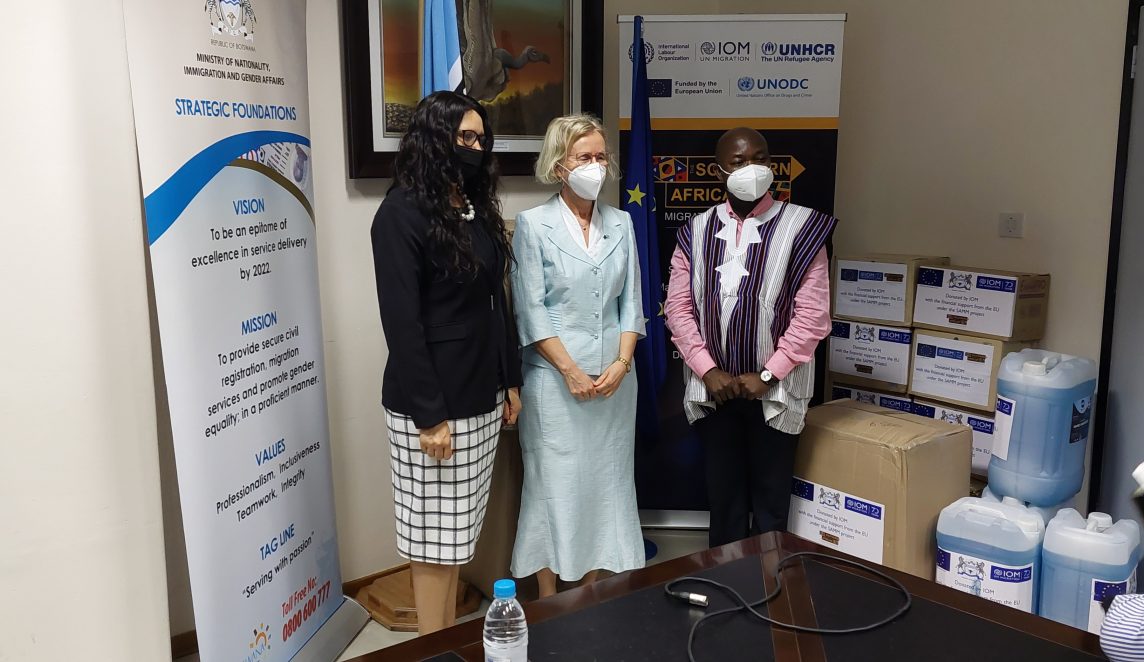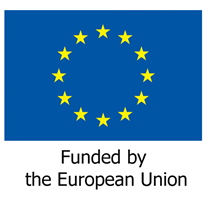Bonne journée,
L’OIT et l’OIM, sous la bannière du projet SAMM, lancent un concours médiatique sur les migrations de main-d’œuvre en Afrique australe, financé par l’Union européenne. L’objectif est de récompenser les journalistes et les professionnels des médias exemplaires qui ont contribué ou contribuent au paysage médiatique en couvrant l’un des dix domaines thématiques de la migration de main-d’œuvre du SAMM dans les pays de la SADC, tout en veillant à combattre les discours de haine, la discrimination, le racisme et la xénophobie, et à renforcer la cohésion sociale et la solidarité envers les travailleurs migrants et leurs familles.
Comment participer
Remplissez le formulaire de participation en ligne (https://bit.ly/3G9kcKv) et soumettez votre article dans les formats suivants : presse écrite, essai photographique, multimédia, podcast, vidéo ou radio. Toutes les langues sont les bienvenues. Toutefois, une traduction en anglais, français ou portugais doit être incluse. Les étudiants peuvent soumettre un article publié ou non.
Dates clés
15 Avril 2024 (23:59, EST) : Date limite de soumission, via le formulaire d’inscription en ligne.
Fin Juin 2024 : Les gagnants du concours seront annoncés.
Prix
Deux types de récompenses et quatre prix
Prix professionnels : 3 prix
· Prix professionnels : Journalistes et professionnels des médias ;
· Trois prix seront décernés à des journalistes/professionnels des médias pour un article de presse publié sur le thème de la migration de la main-d’œuvre :
- Un prix en espèces de 1 200 USD – Le gagnant
- Un prix en espèces de 1 000 USD – Le gagnant
- Un prix en espèces de 800 USD – Deuxième lauréat
Prix pour les étudiants : 1 prix
Prix étudiants : étudiants actuellement inscrits dans une école de journalism
Un prix sera décerné à un article de presse publié ou non.
- Un prix en espèces de 500 USD sera attribué au gagnant.
 Français
Français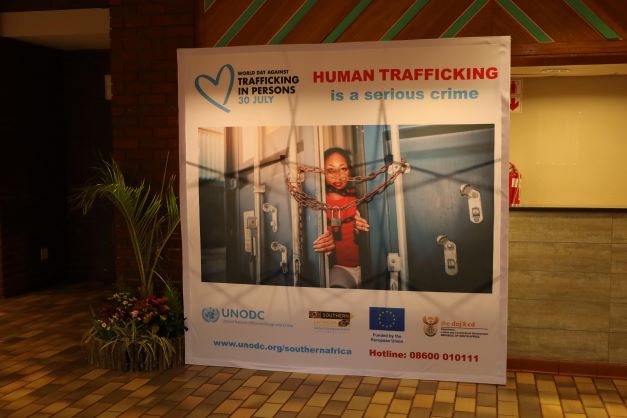
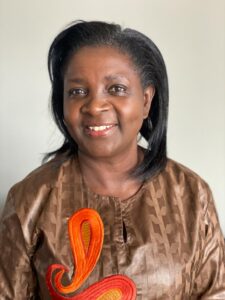
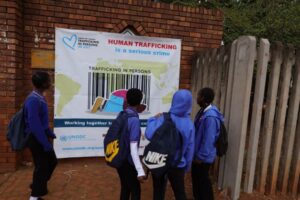
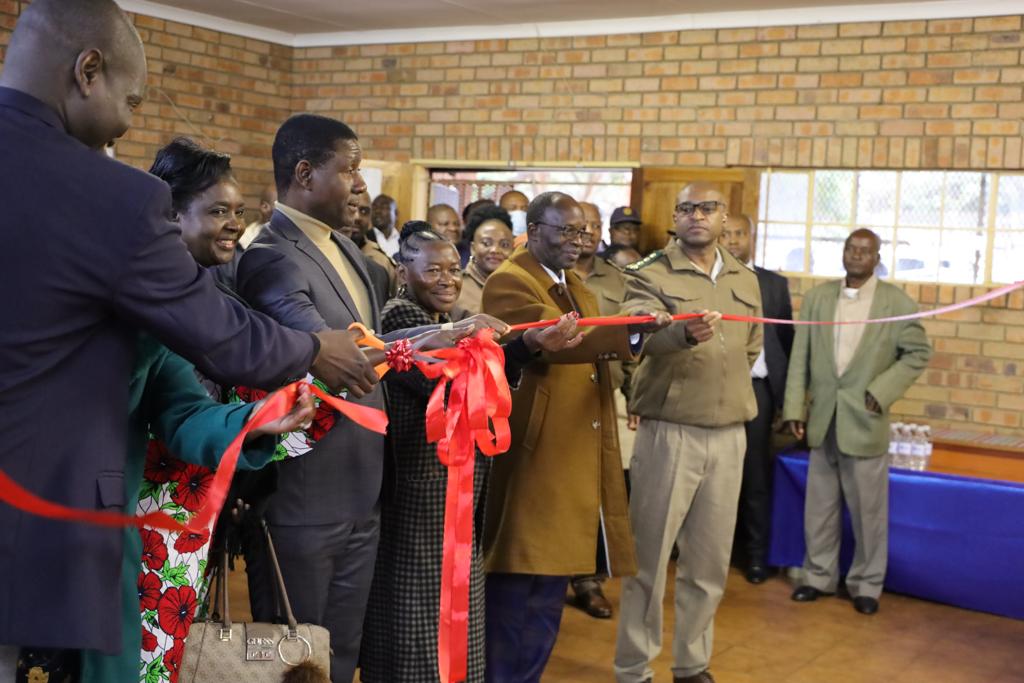
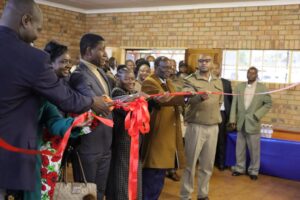 A popular rural school in South Africa’s Limpopo province hosted this year’s main commemoration of World Day Against Trafficking in Persons jointly organized by the Department of Justice and Correctional Services, and the United National Office on Drugs and Crime (UNODC).
A popular rural school in South Africa’s Limpopo province hosted this year’s main commemoration of World Day Against Trafficking in Persons jointly organized by the Department of Justice and Correctional Services, and the United National Office on Drugs and Crime (UNODC).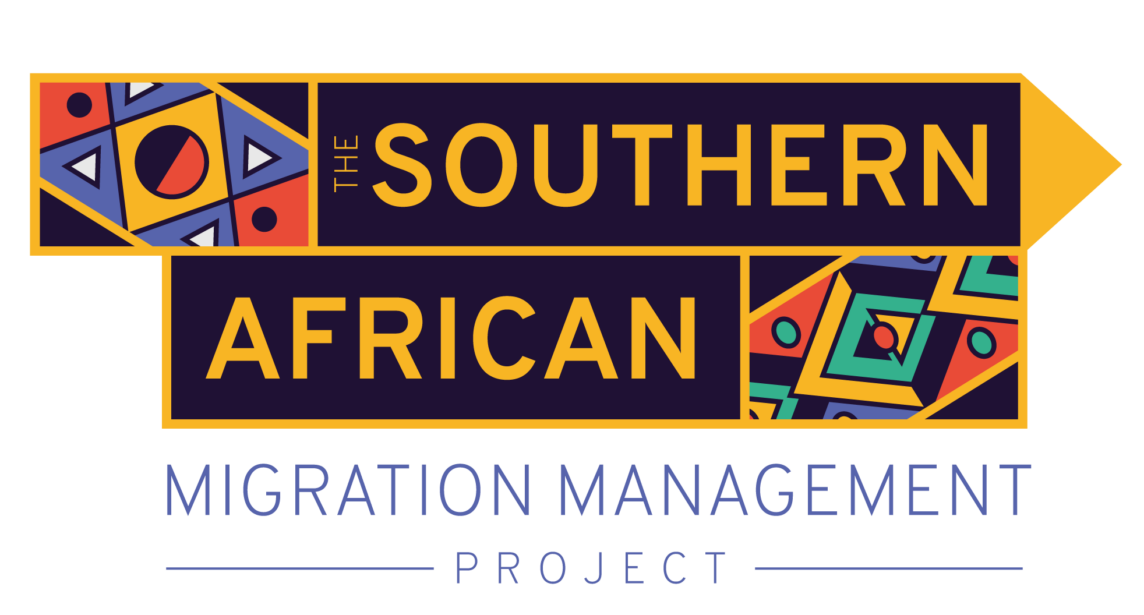
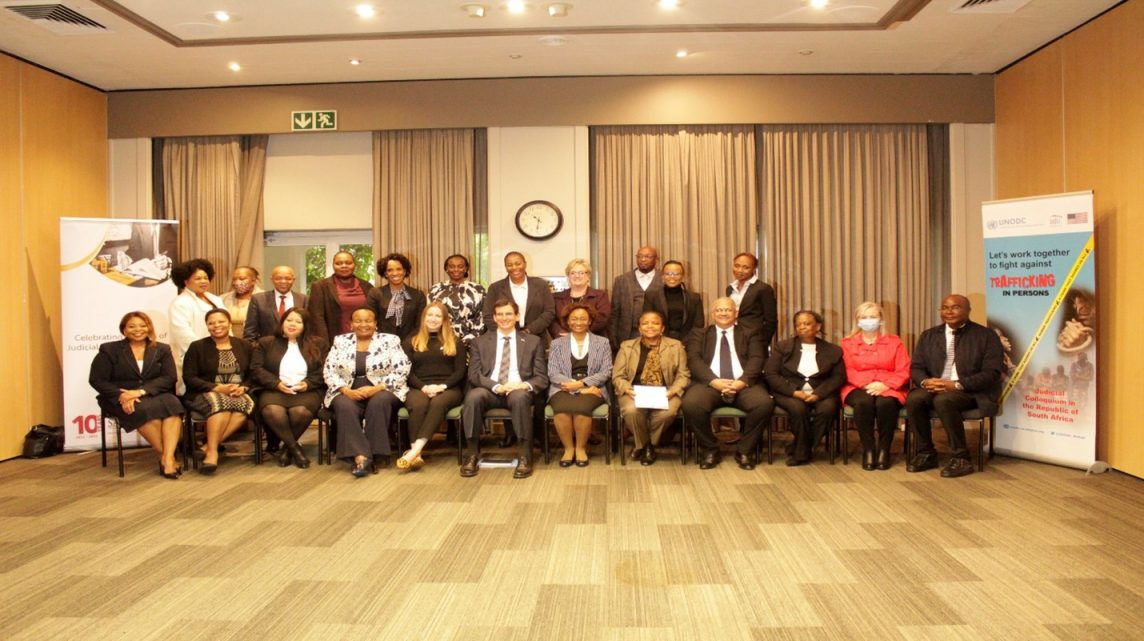
 Johannesburg, 11-13 April 2022 – UNODC in collaboration with the South African Judicial Education Institute convened a Judicial Training Against Trafficking in Persons (TiP) in Johannesburg, South Africa from the 11 to 13 April, which is part of UNODC priorities in the Southern Africa Development Community (SADC) Region in enhancing the capacity of Judicial Officers in the response to human trafficking using victim centred approaches under the joint UNODC-SADC Regional Programme (2013 -2023). The Regional Porgramme aims to support SADC member states to respond to the evolving threats and challenges related to crime, drugs and terrorism in all its manifestations.
Johannesburg, 11-13 April 2022 – UNODC in collaboration with the South African Judicial Education Institute convened a Judicial Training Against Trafficking in Persons (TiP) in Johannesburg, South Africa from the 11 to 13 April, which is part of UNODC priorities in the Southern Africa Development Community (SADC) Region in enhancing the capacity of Judicial Officers in the response to human trafficking using victim centred approaches under the joint UNODC-SADC Regional Programme (2013 -2023). The Regional Porgramme aims to support SADC member states to respond to the evolving threats and challenges related to crime, drugs and terrorism in all its manifestations.

 Johannesburg, South Africa – 22 – 23 March 2022 – UNODC Regional Office for Southern Africa convened a three-day Seminar for Prosecutors from the SADC Region to share experiences on prosecuting cases of Trafficking in Persons.
Johannesburg, South Africa – 22 – 23 March 2022 – UNODC Regional Office for Southern Africa convened a three-day Seminar for Prosecutors from the SADC Region to share experiences on prosecuting cases of Trafficking in Persons.

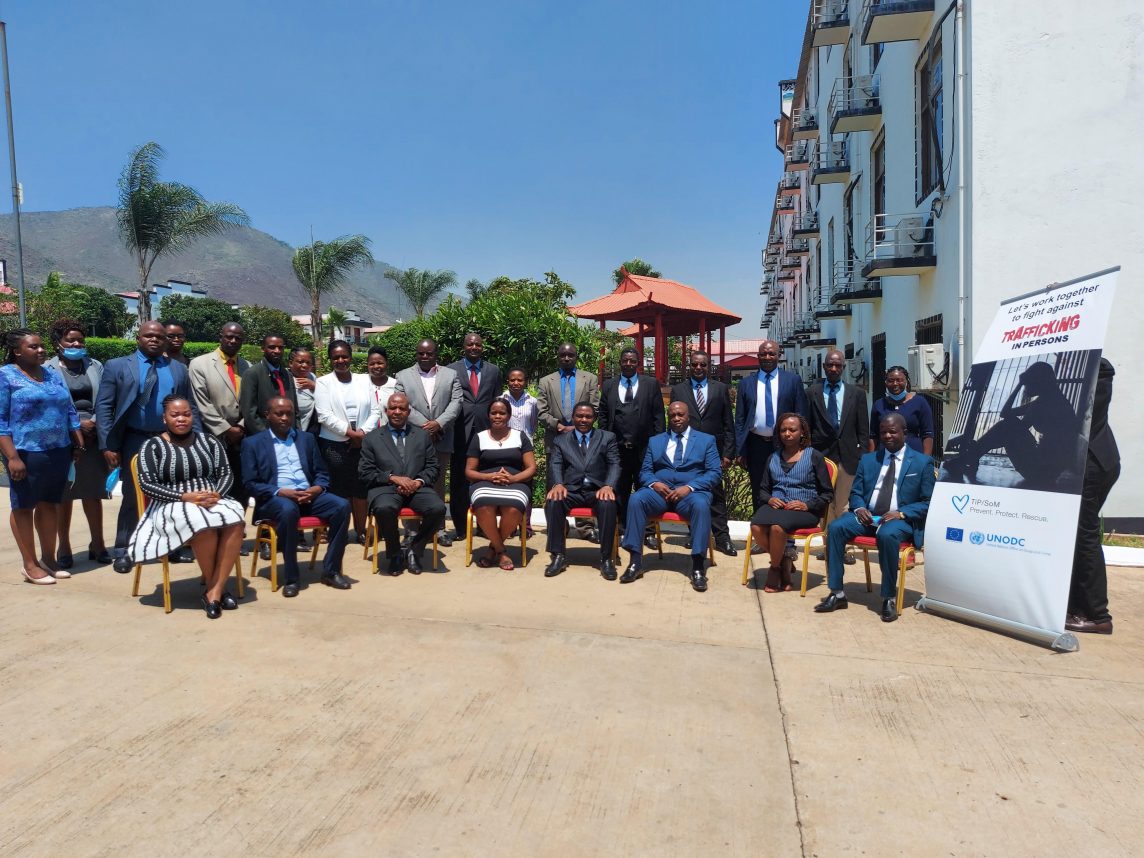
 Mutare, 8-11 November 2021 – UNODC, under the framework of the Southern Africa Migration Management (SAMM) project and in collaboration with the Ministry of Home Affairs and Cultural Heritage facilitated a four-day training workshop from the 8 – 11 November 2021 on combating Trafficking in Persons (TIP) for members of the Anti-Trafficking Inter-Ministerial Committee (ATIMC) of Zimbabwe. The training workshop was convened in line with the priorities of the joint UNODC-SADC Regional Programme (2013 -2023) and also in line with UNODC Strategic Vision for Africa 2030, which aims to provide innovative ways to support Member States and stakeholders over the next 10 years to strengthen crime prevention, enhance the effectiveness of criminal justice systems, counter organized crime and corruption, promote balanced drug control and improve the rule of law. Furthermore, UNODC is committed to gender mainstreaming and exercises a proactive gender perspective in the process of assessing the implications of any planned action for both women and men, hence, the workshop was designed in line with UNODC Gender Strategy.
Mutare, 8-11 November 2021 – UNODC, under the framework of the Southern Africa Migration Management (SAMM) project and in collaboration with the Ministry of Home Affairs and Cultural Heritage facilitated a four-day training workshop from the 8 – 11 November 2021 on combating Trafficking in Persons (TIP) for members of the Anti-Trafficking Inter-Ministerial Committee (ATIMC) of Zimbabwe. The training workshop was convened in line with the priorities of the joint UNODC-SADC Regional Programme (2013 -2023) and also in line with UNODC Strategic Vision for Africa 2030, which aims to provide innovative ways to support Member States and stakeholders over the next 10 years to strengthen crime prevention, enhance the effectiveness of criminal justice systems, counter organized crime and corruption, promote balanced drug control and improve the rule of law. Furthermore, UNODC is committed to gender mainstreaming and exercises a proactive gender perspective in the process of assessing the implications of any planned action for both women and men, hence, the workshop was designed in line with UNODC Gender Strategy.
